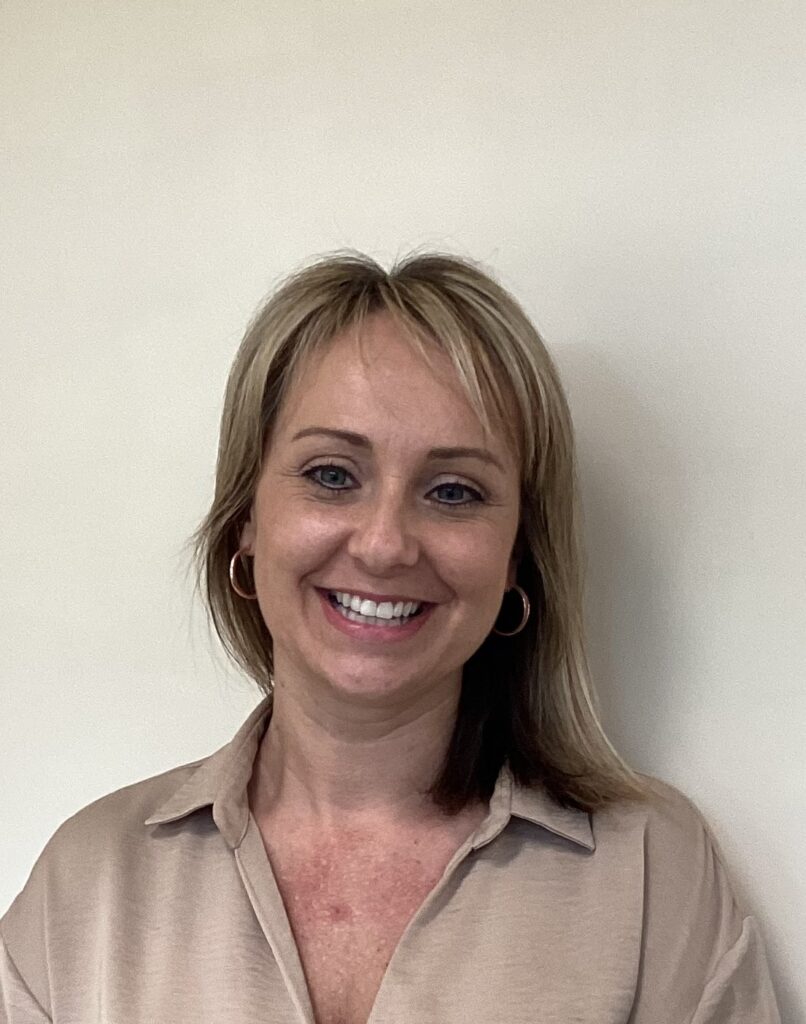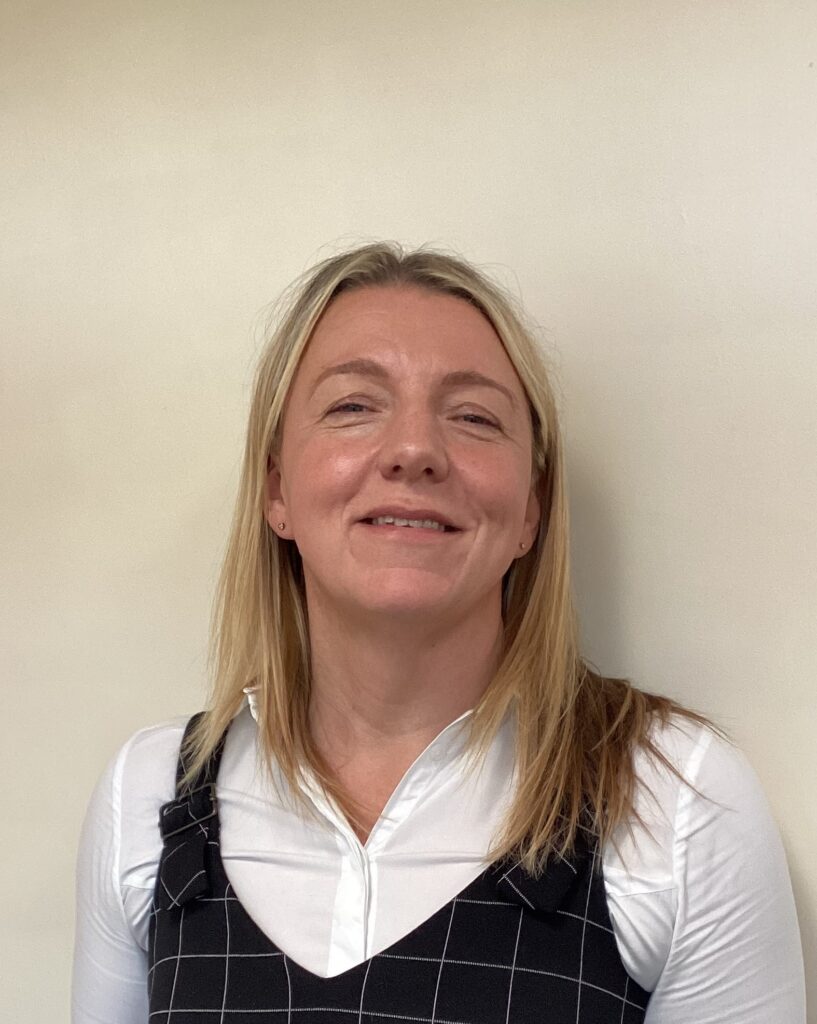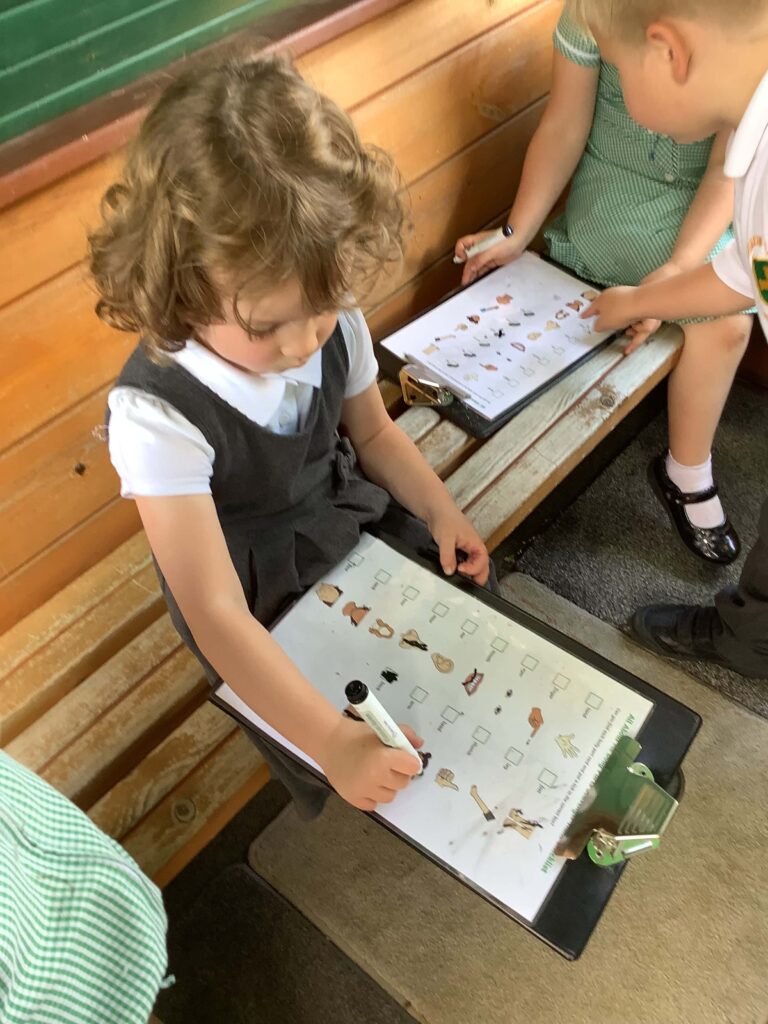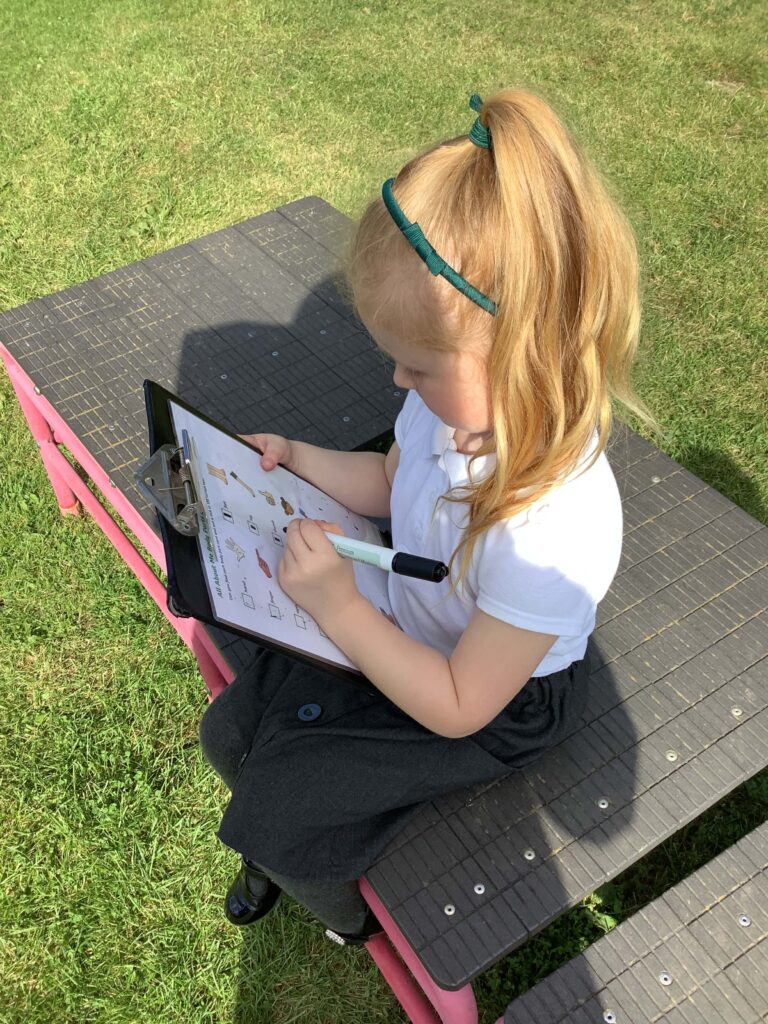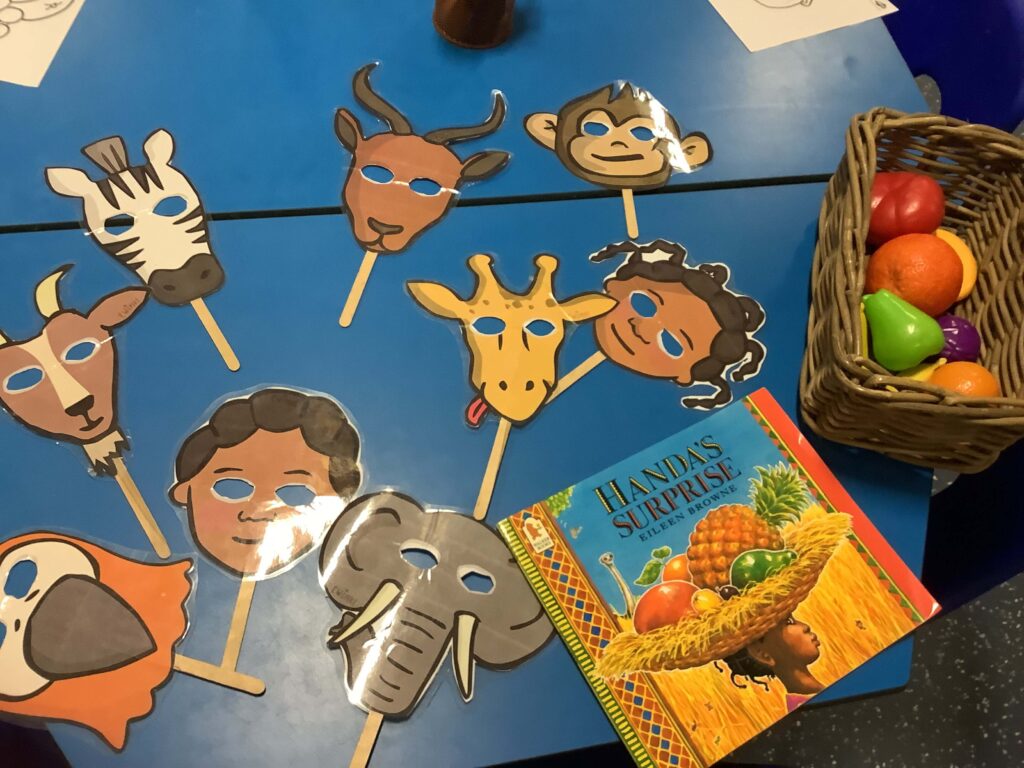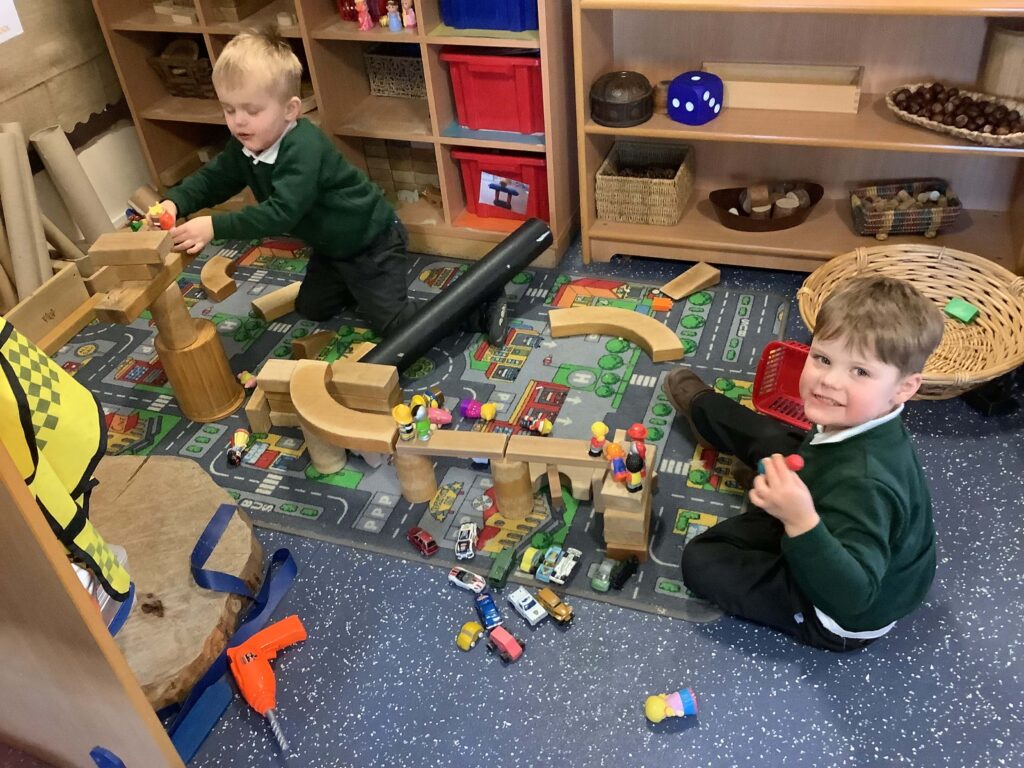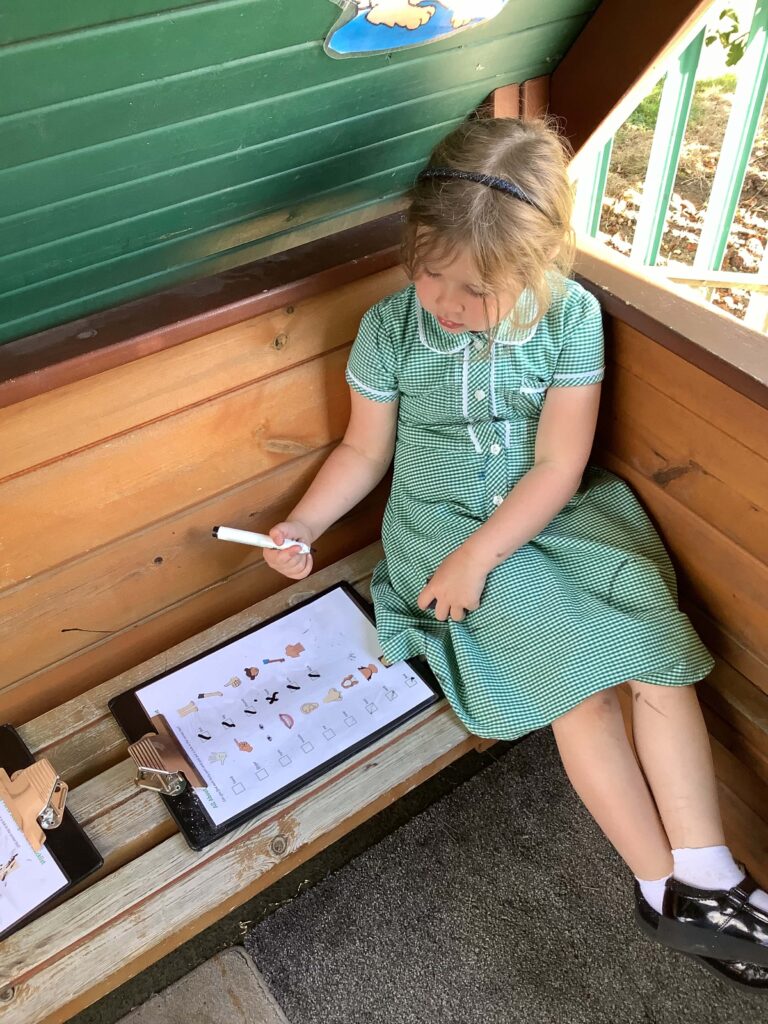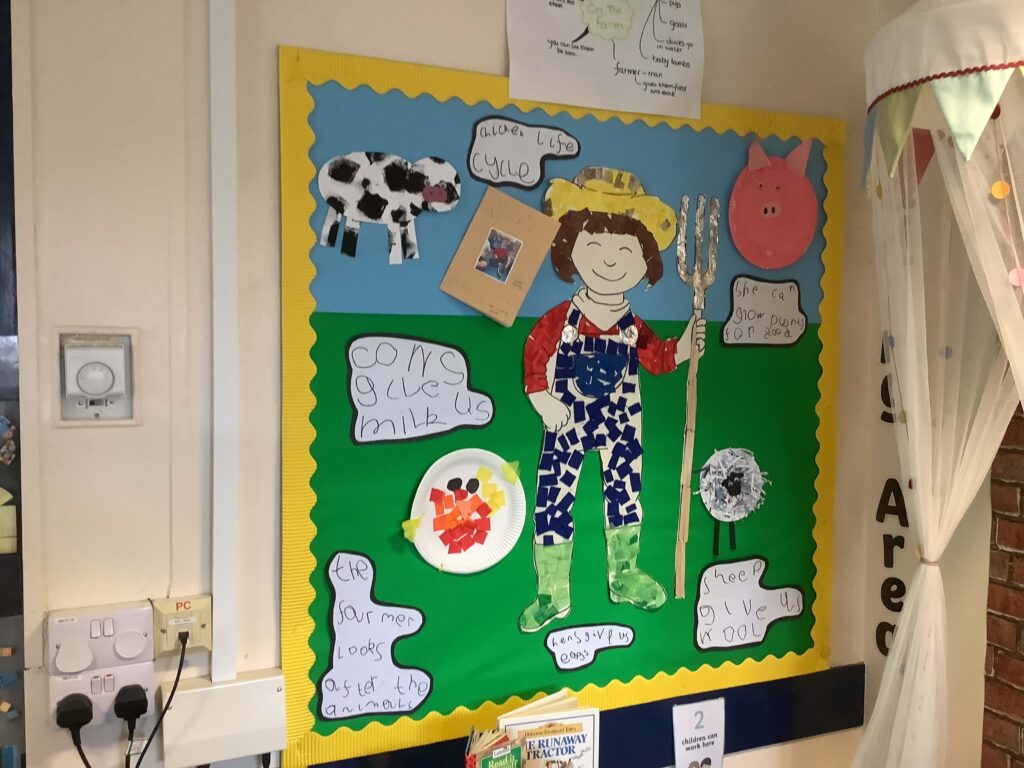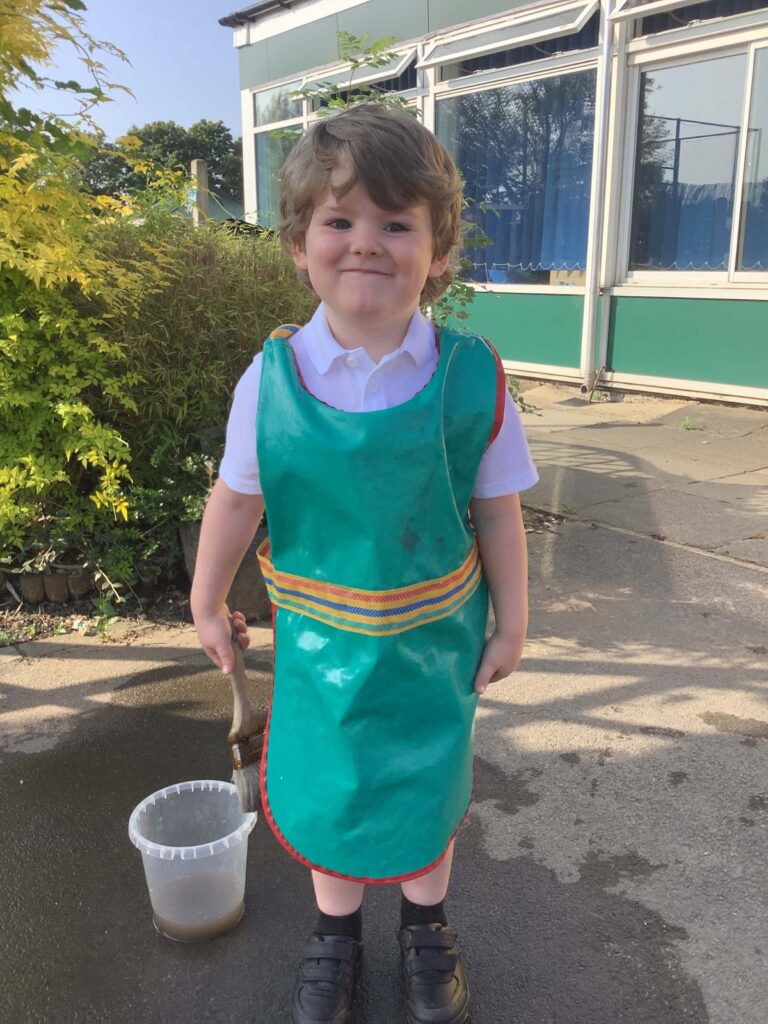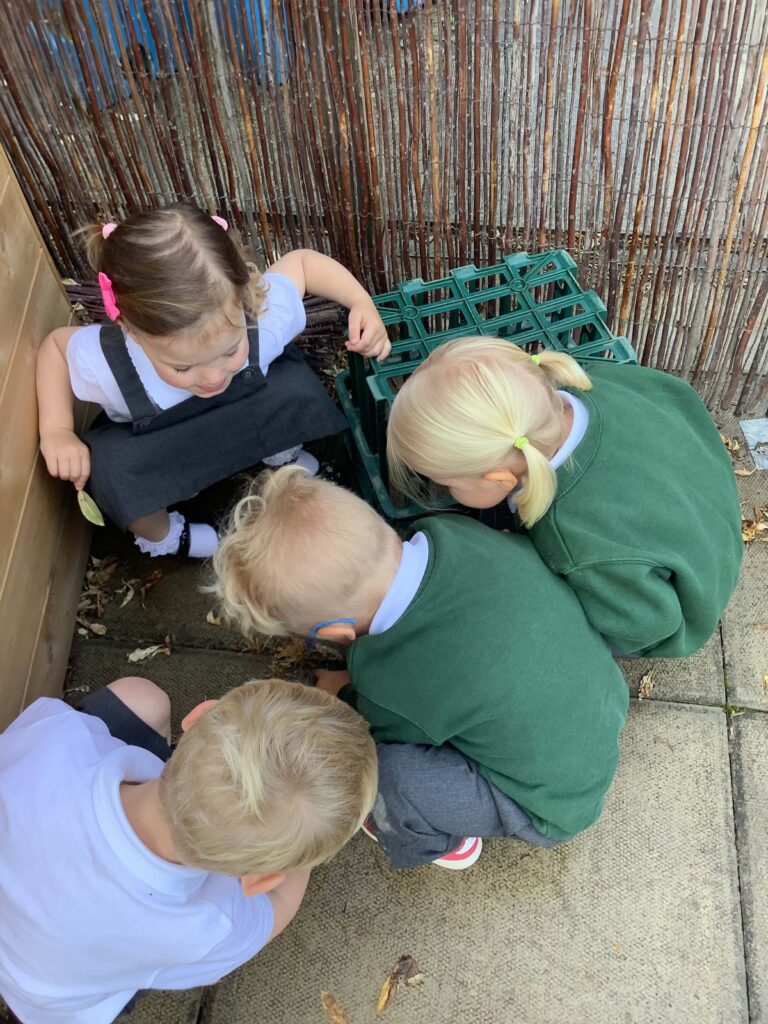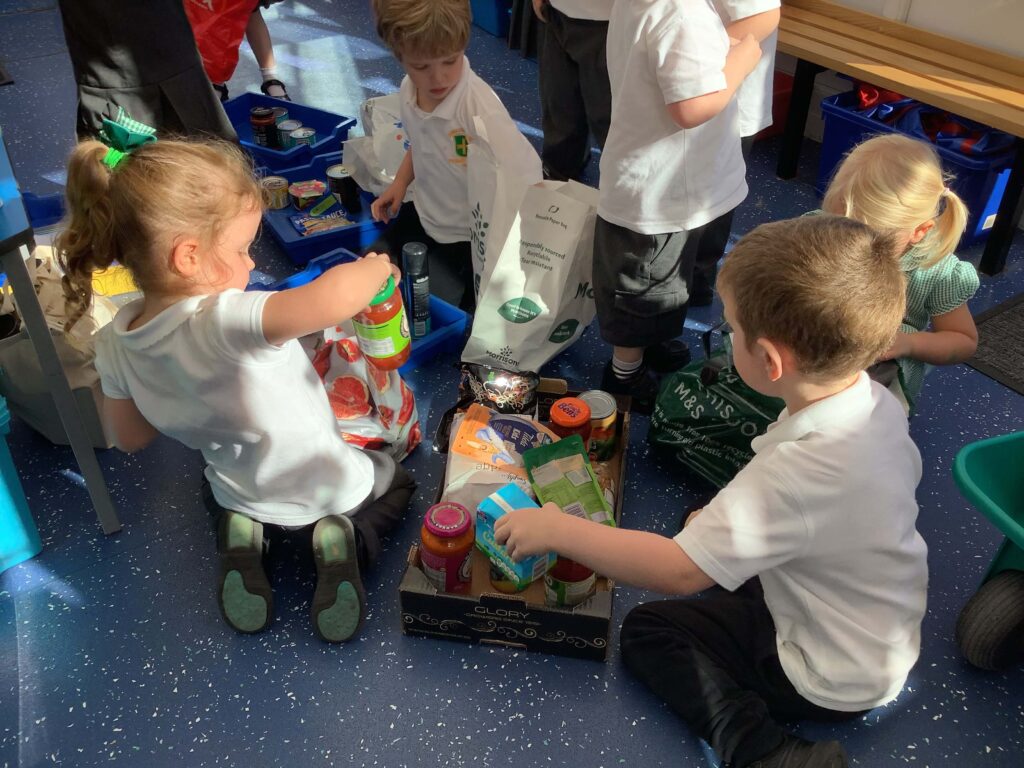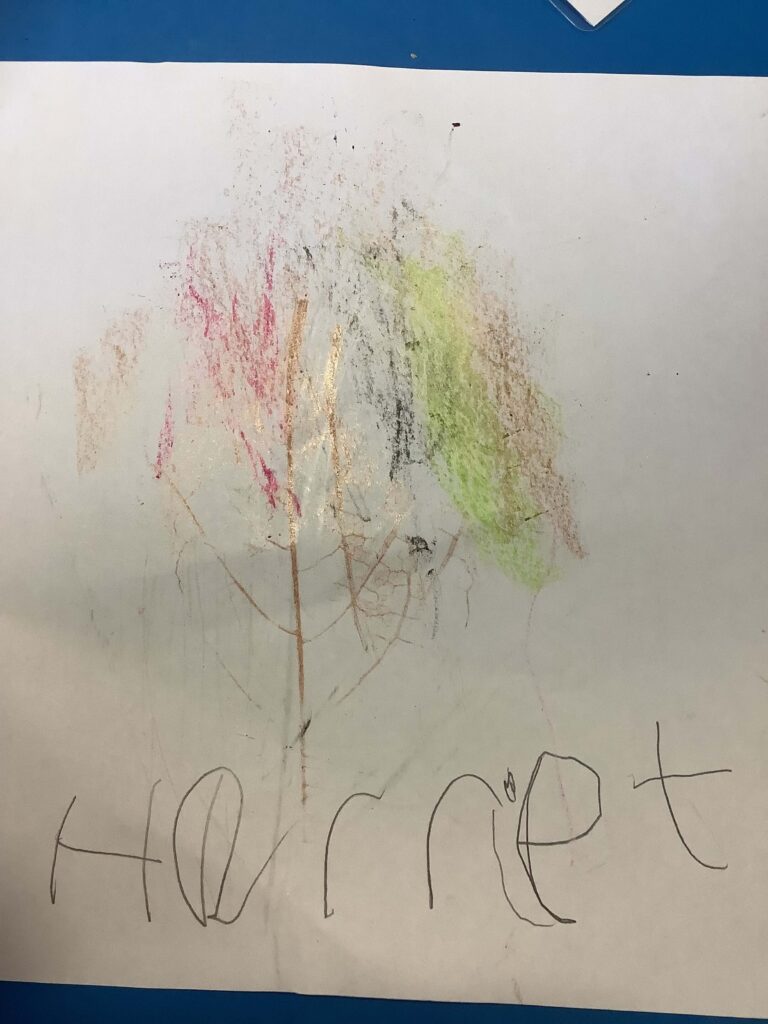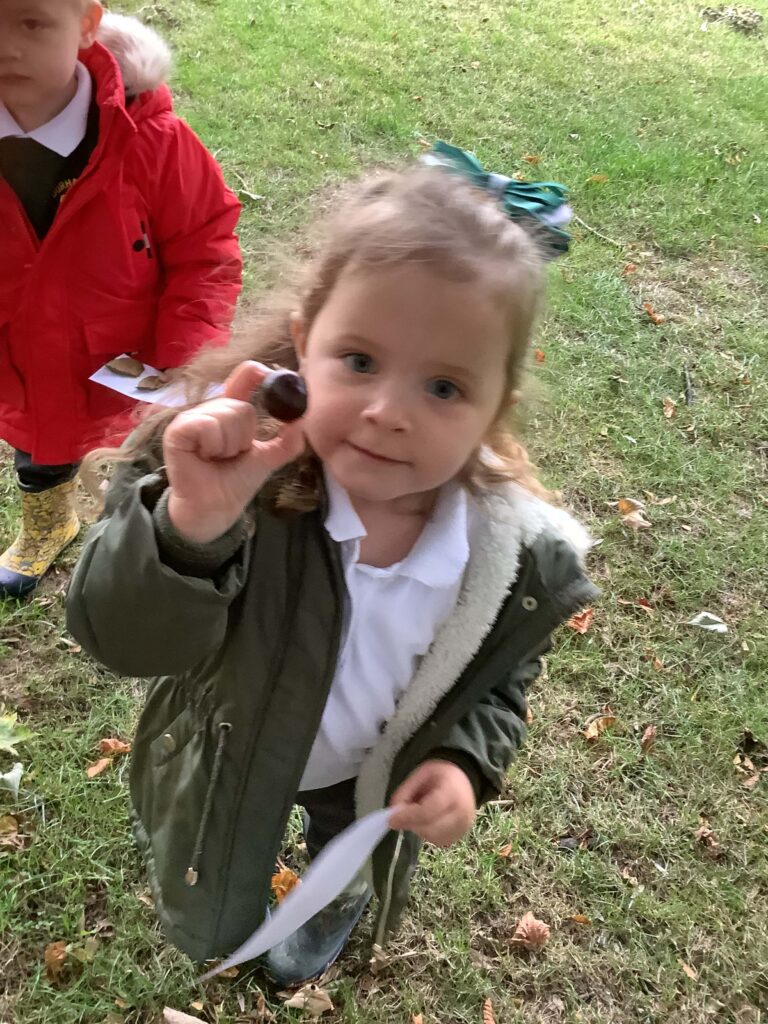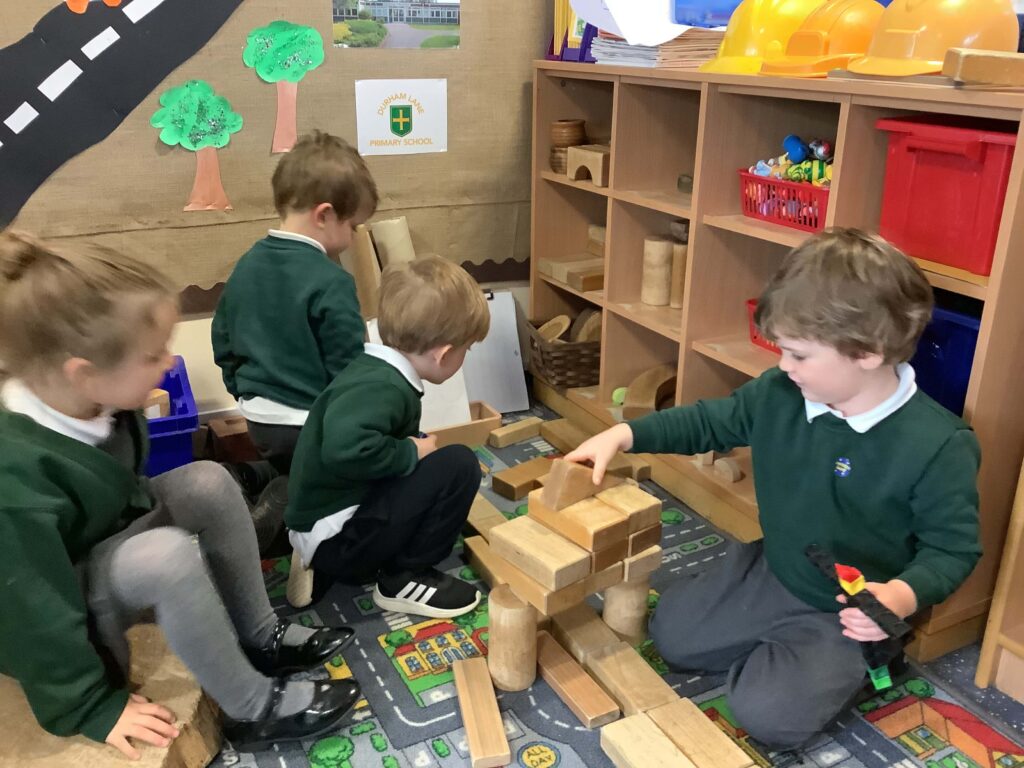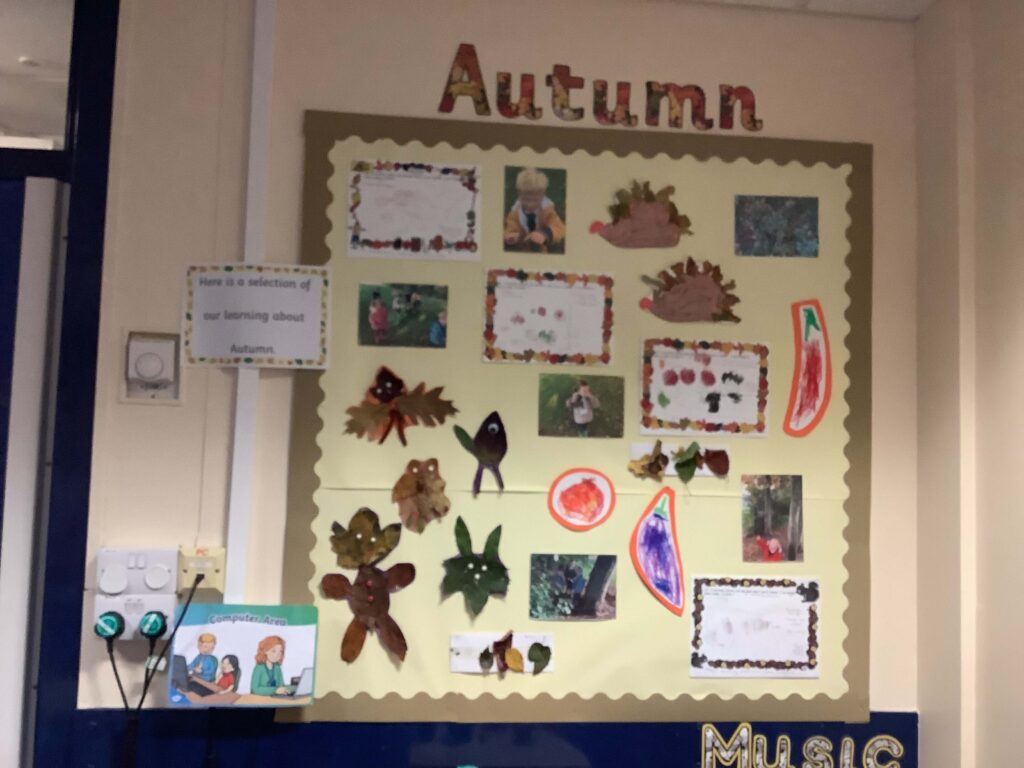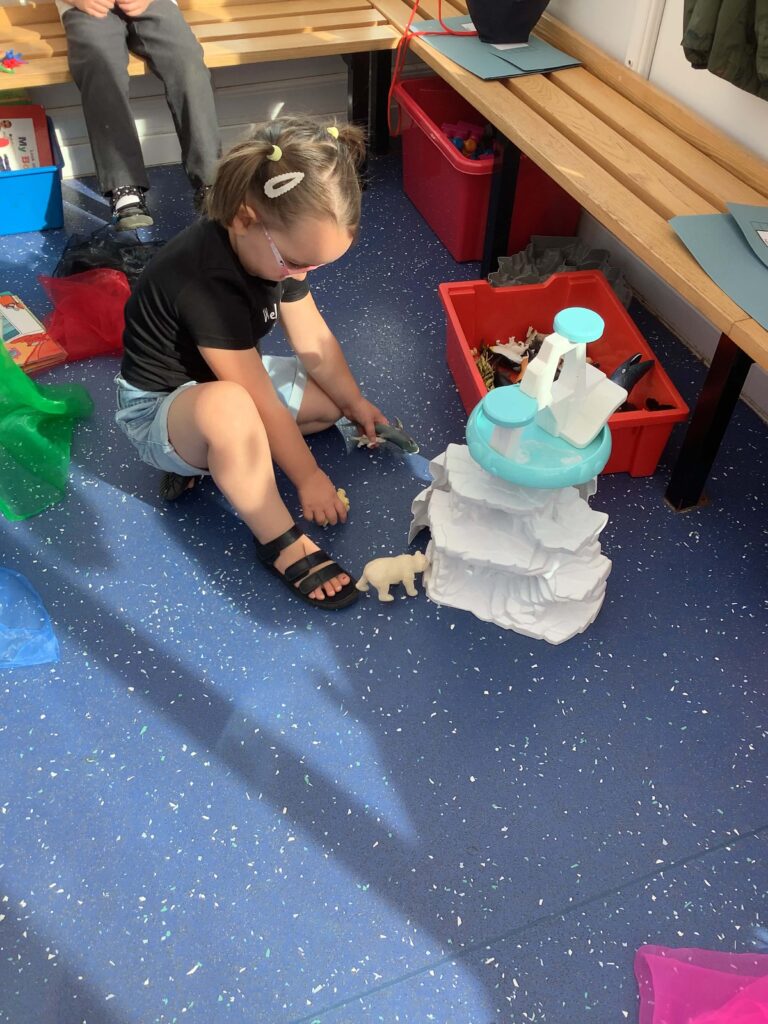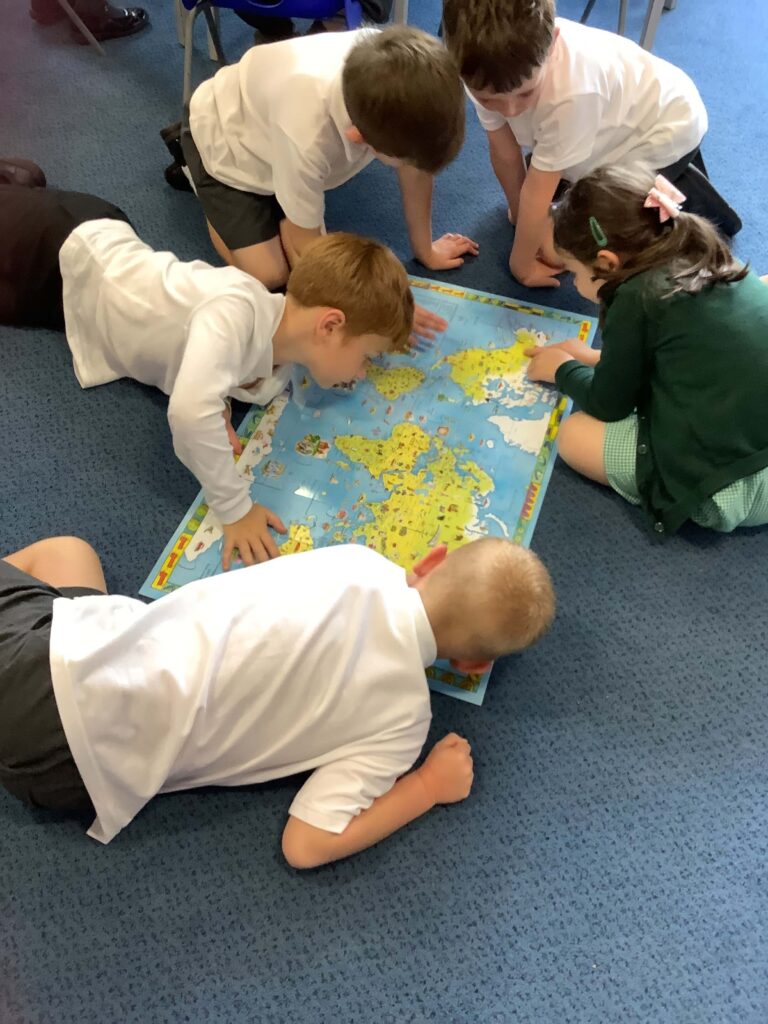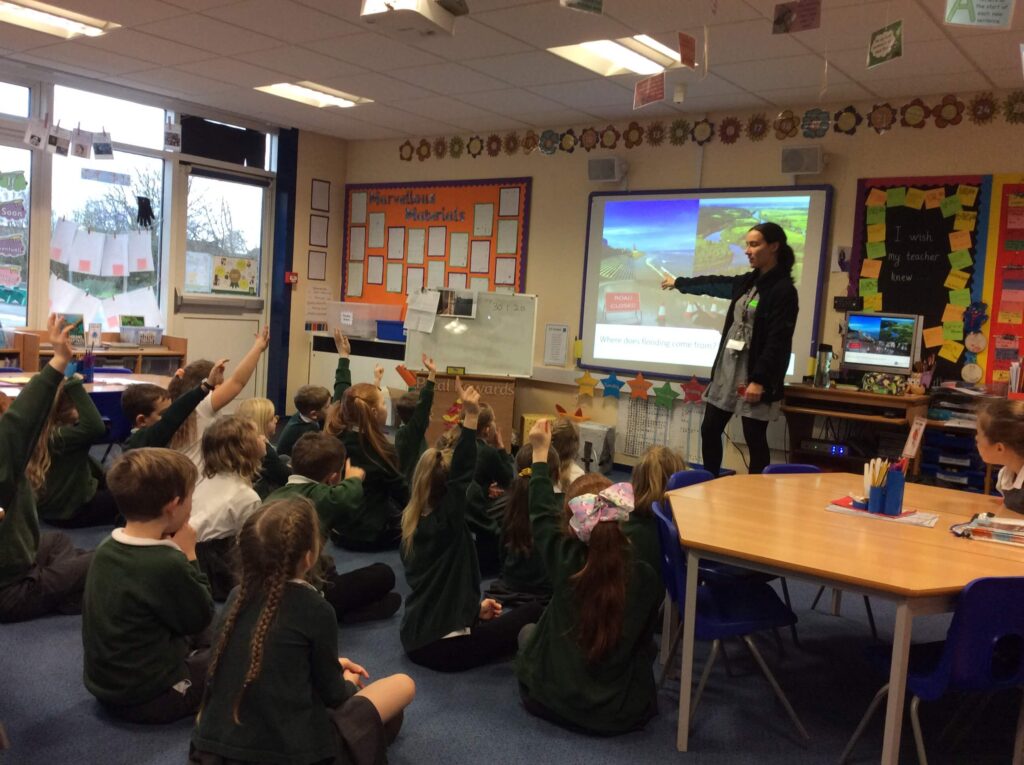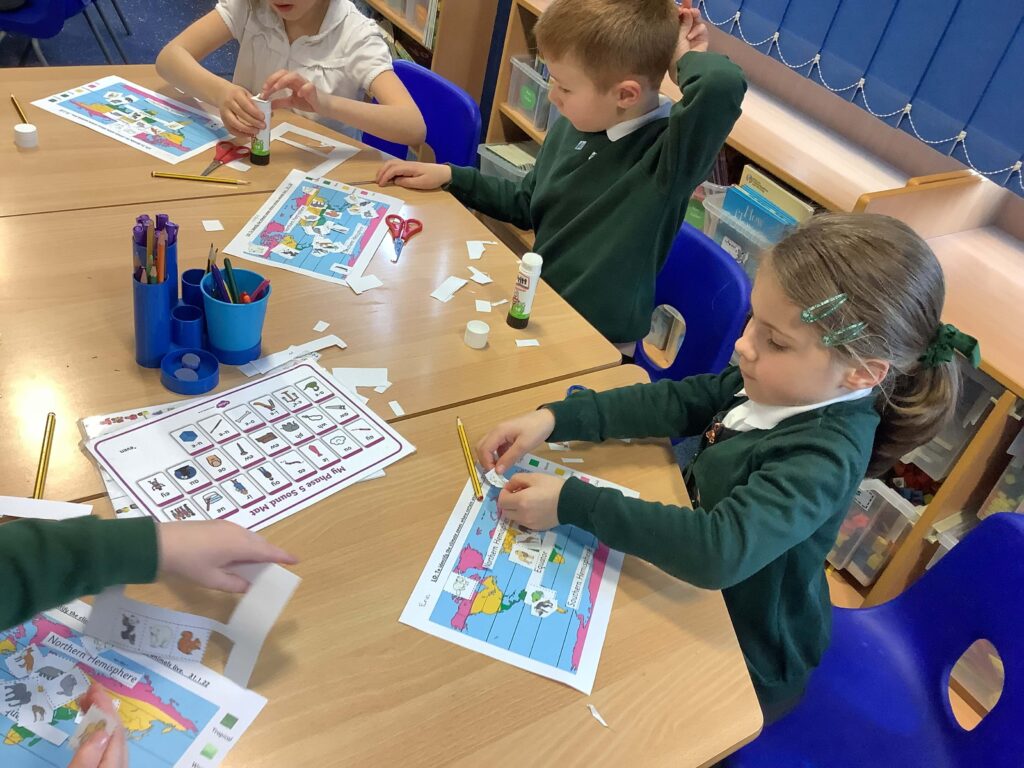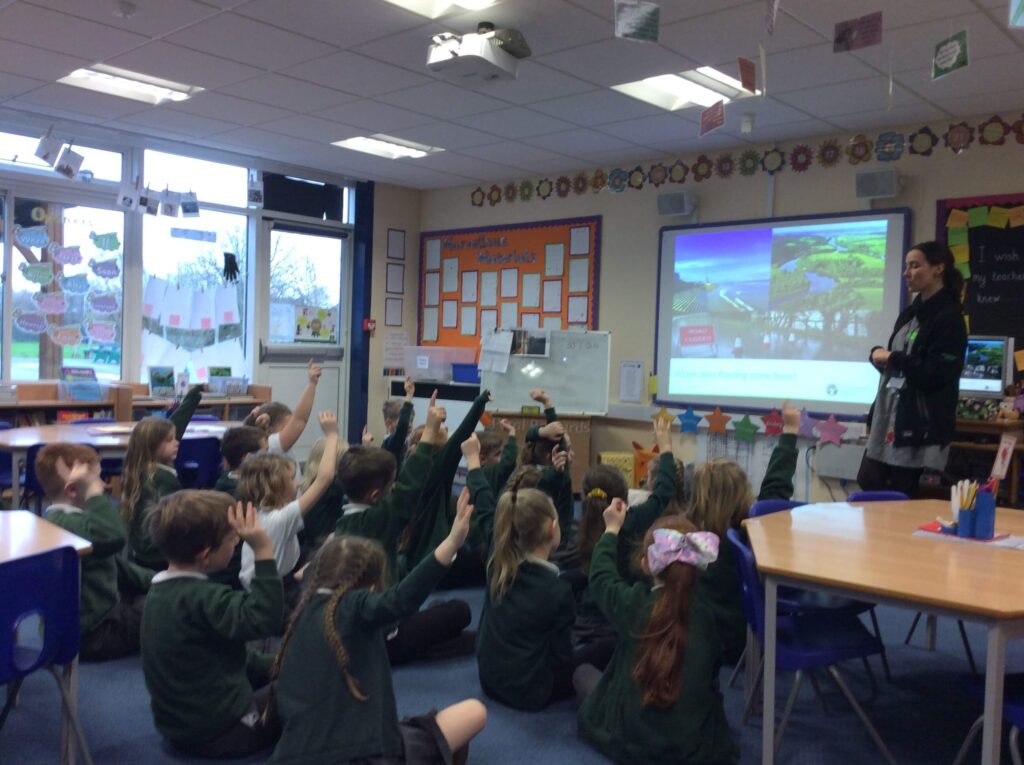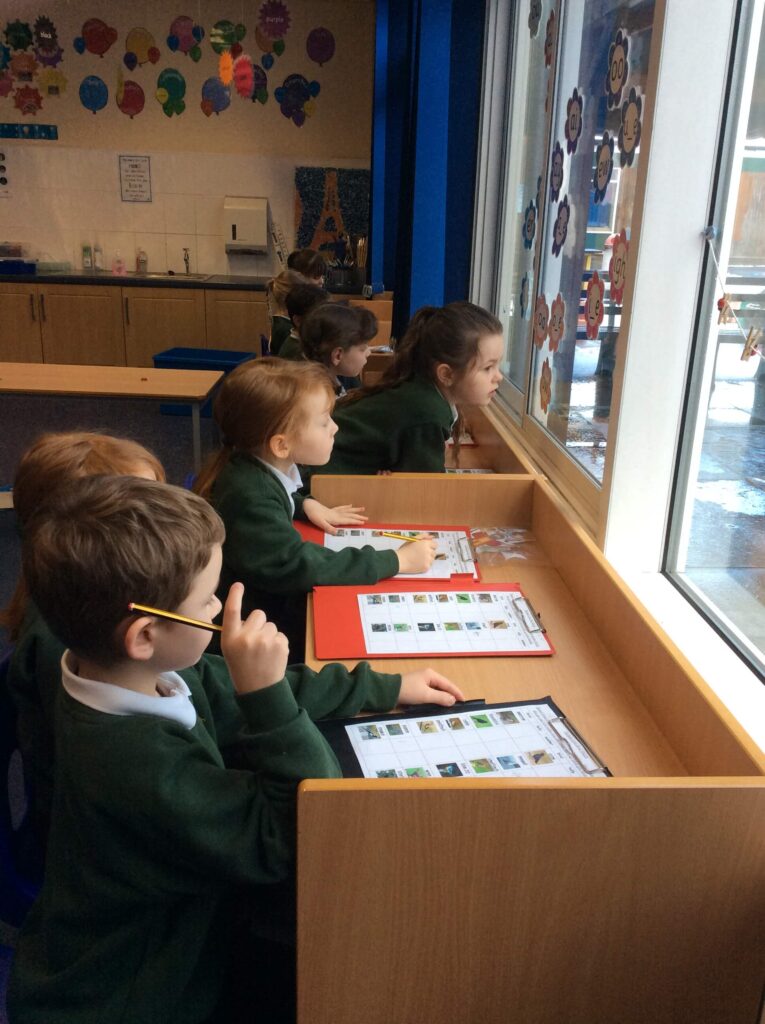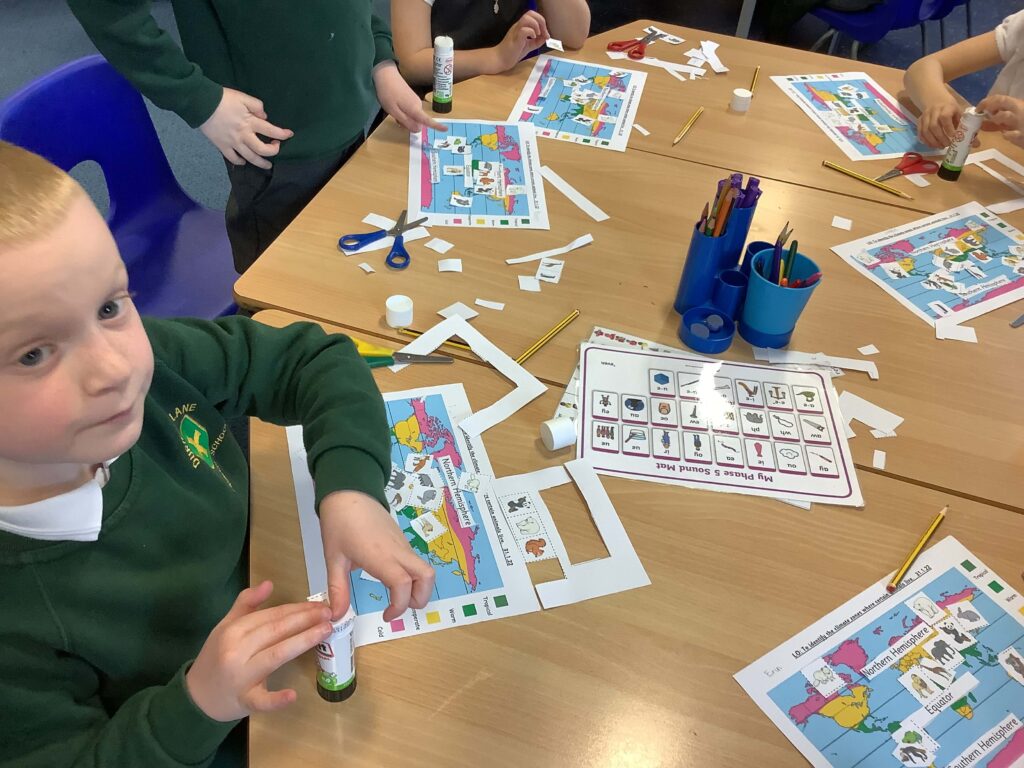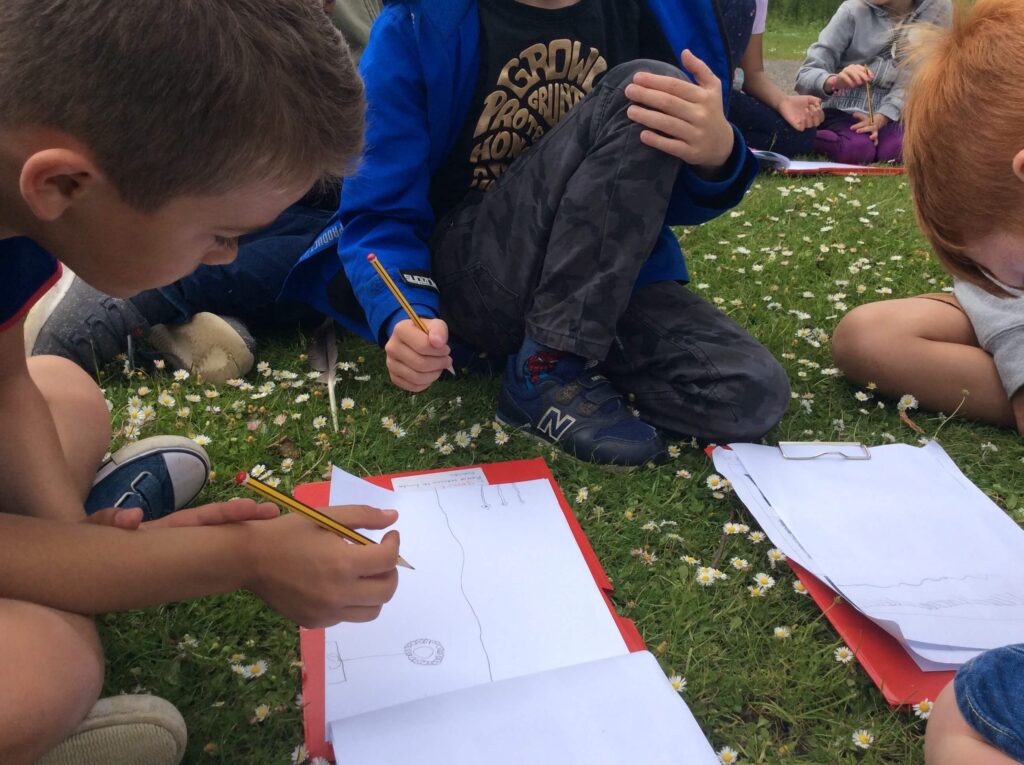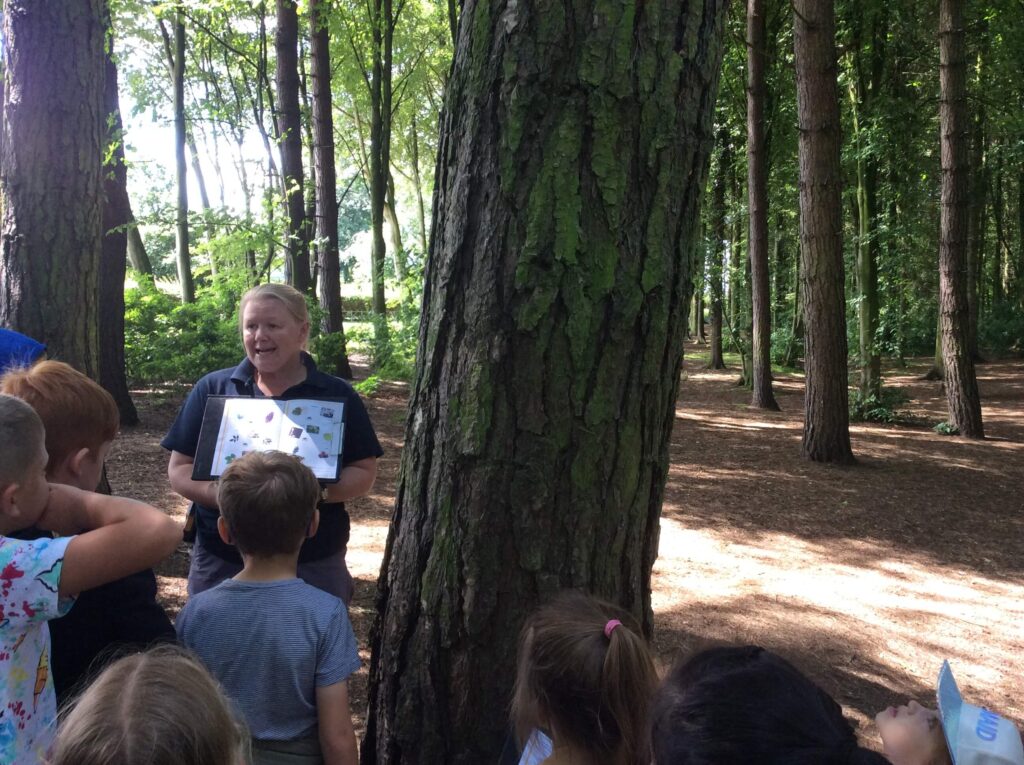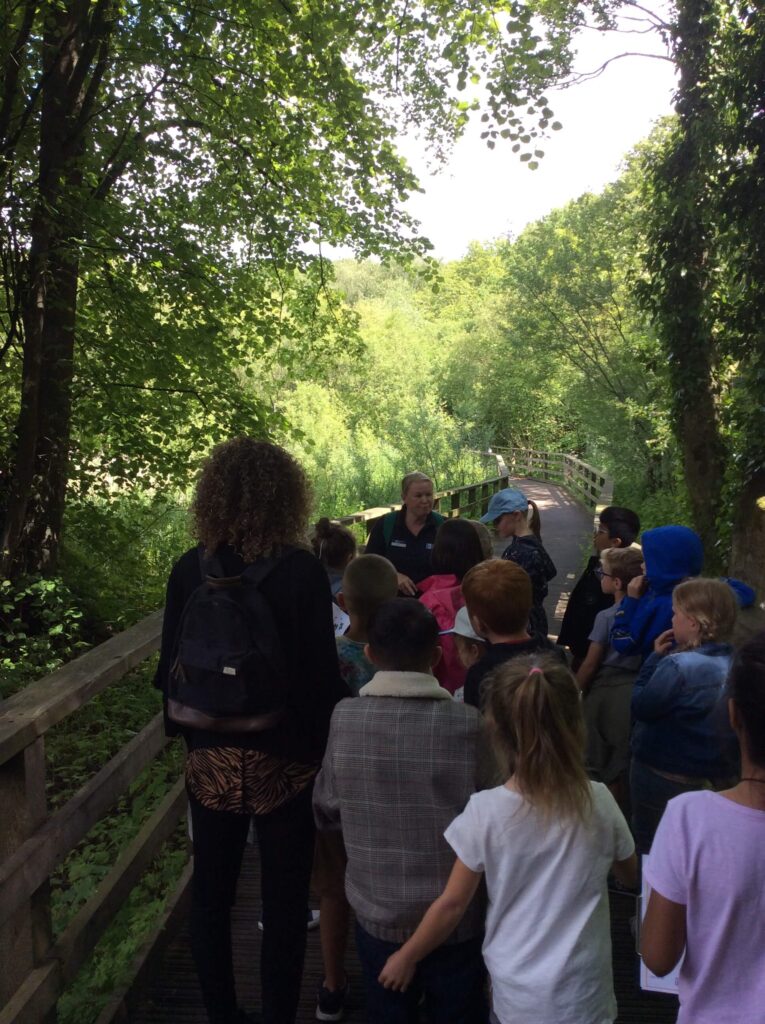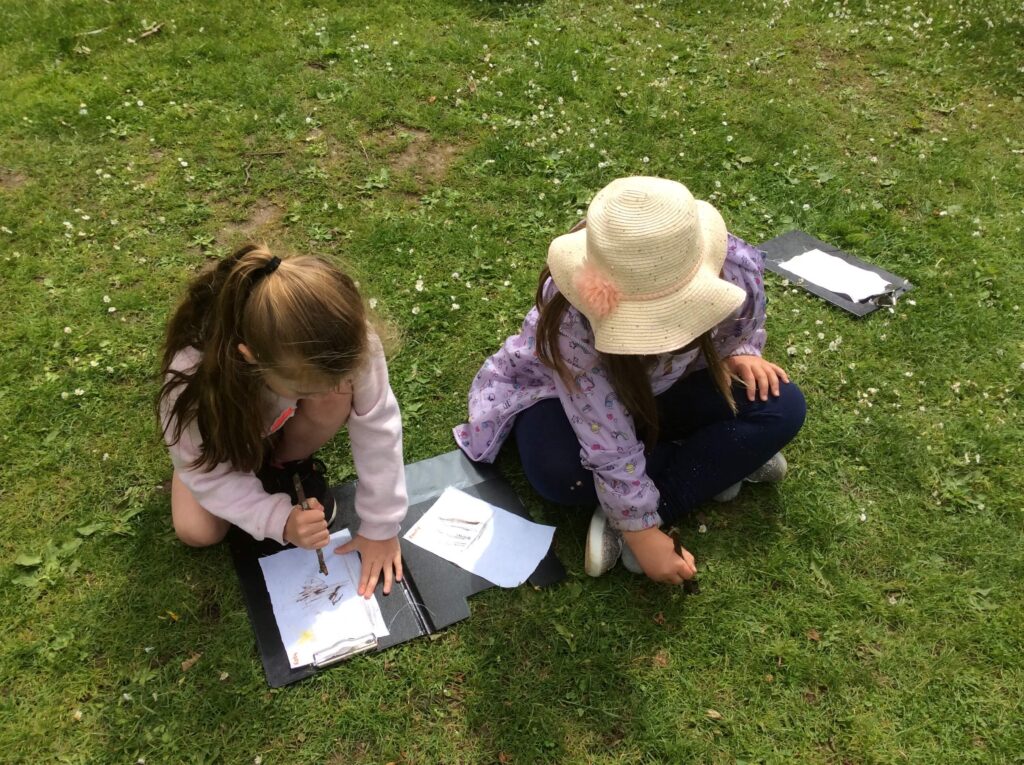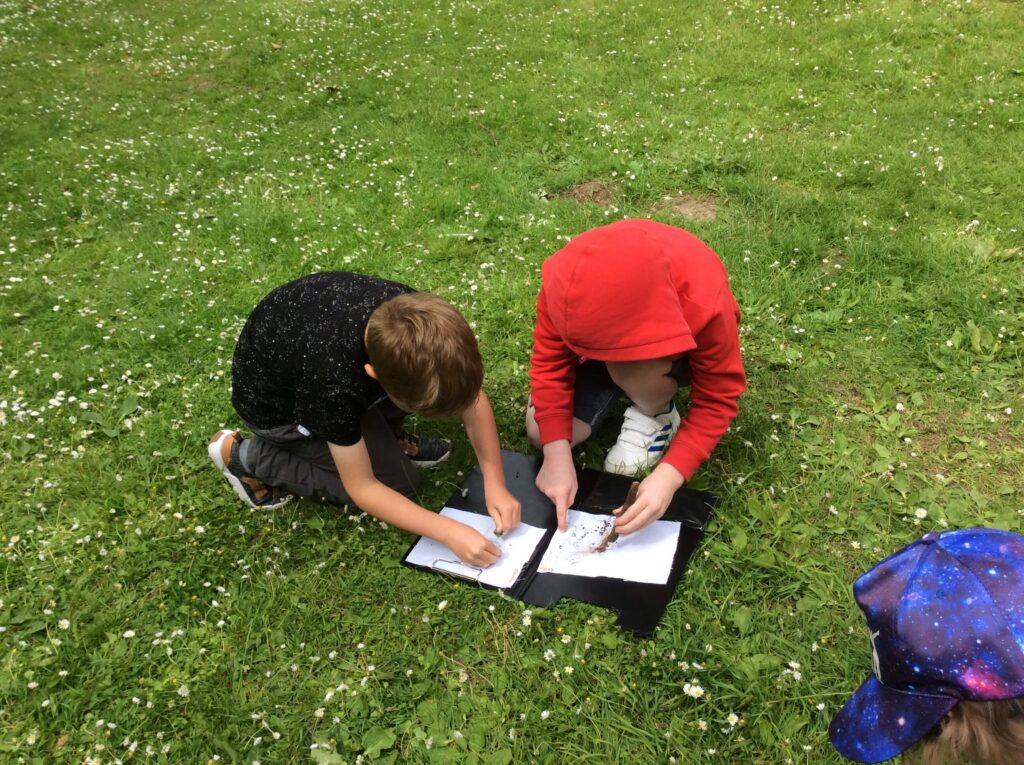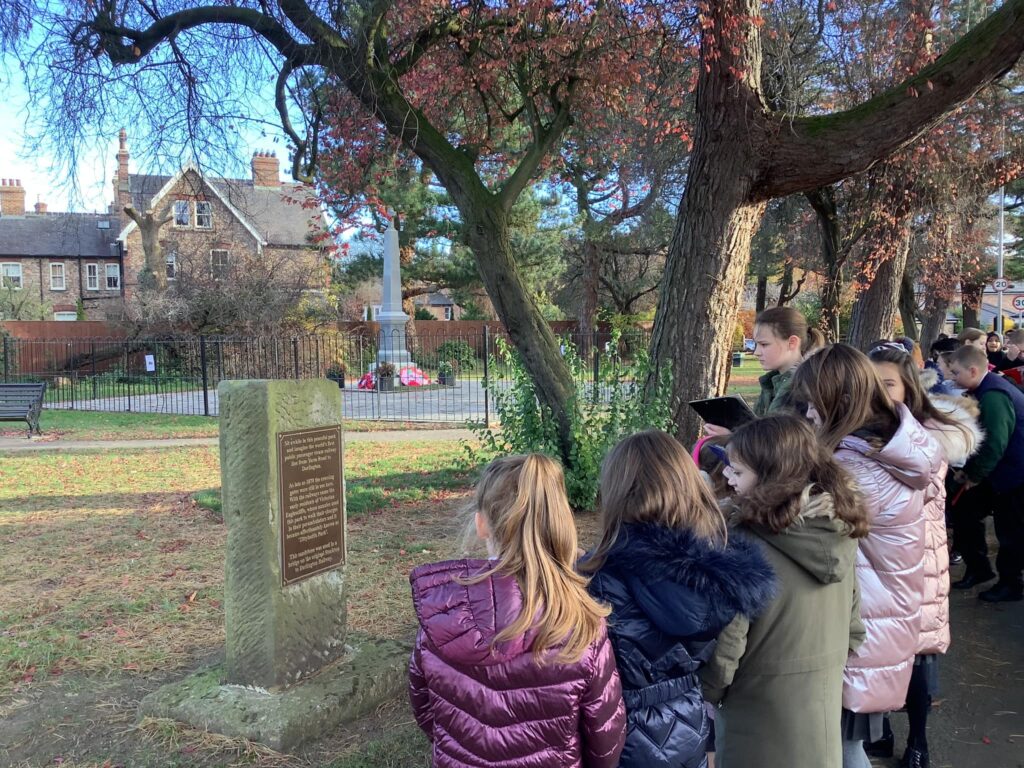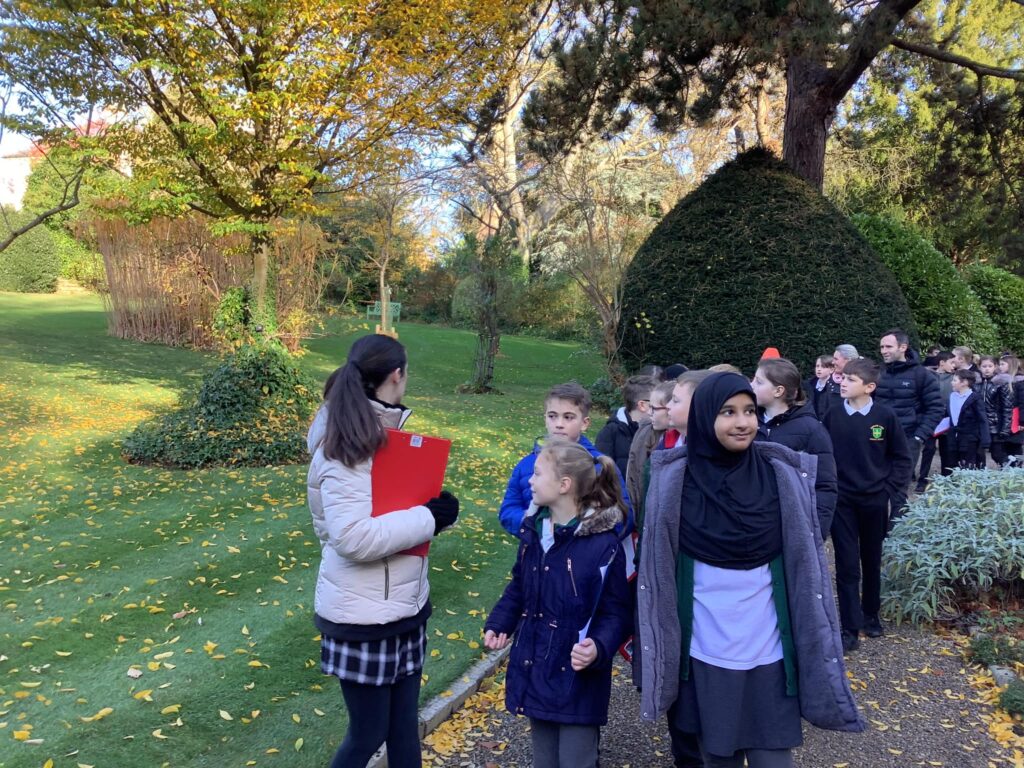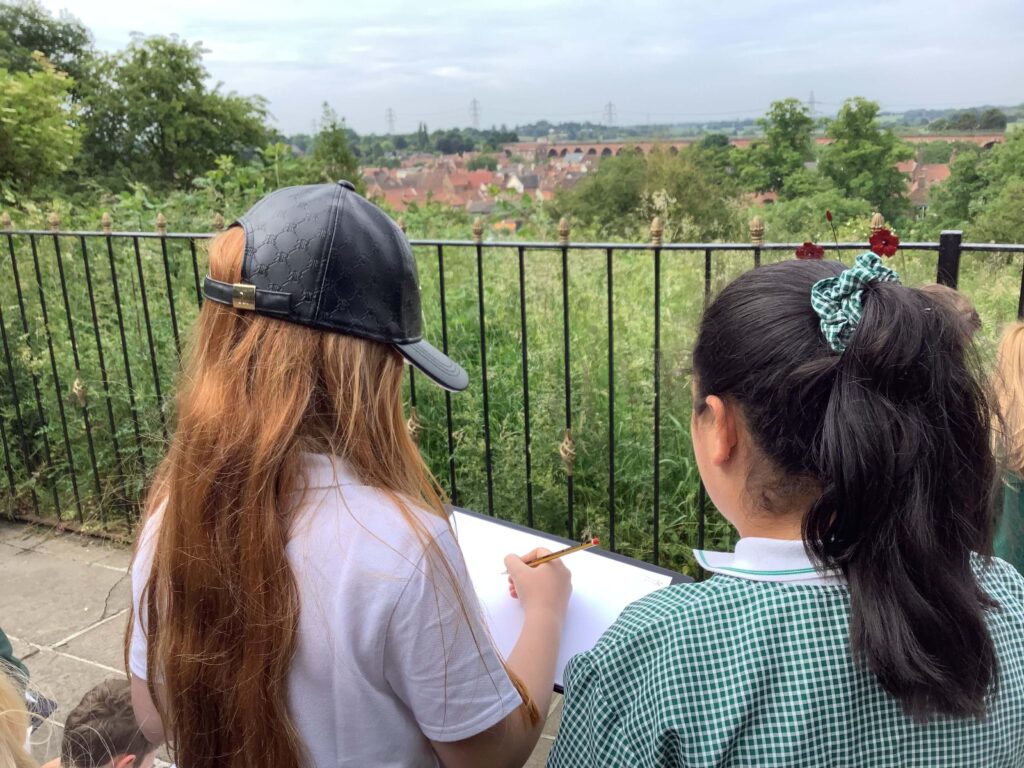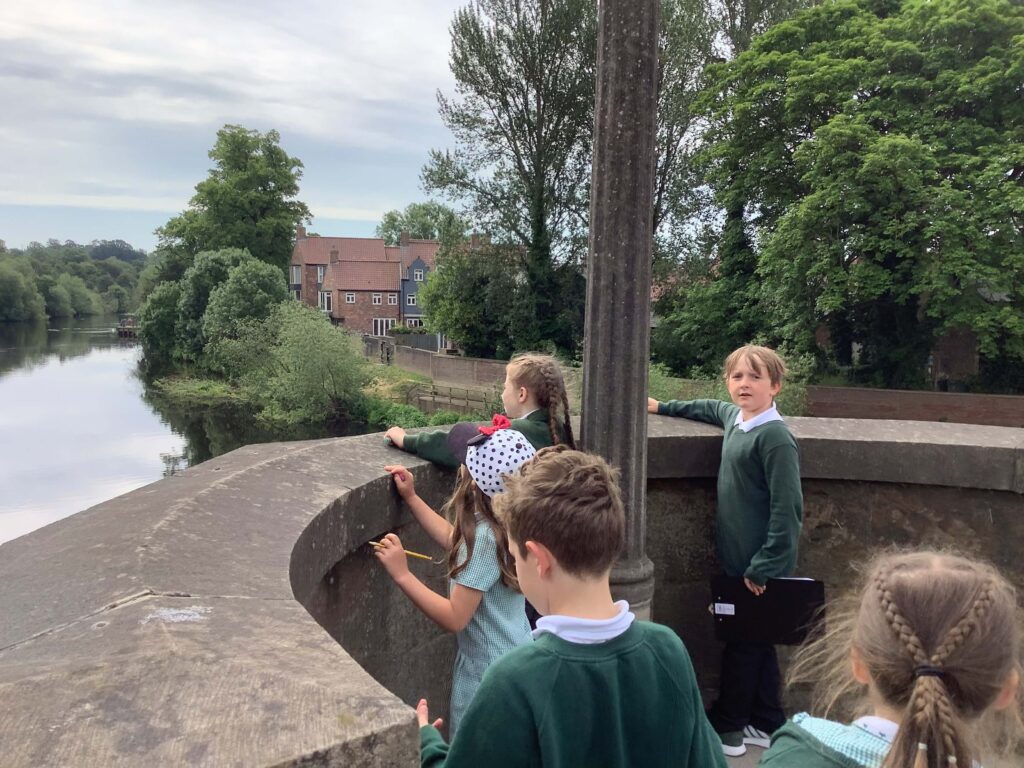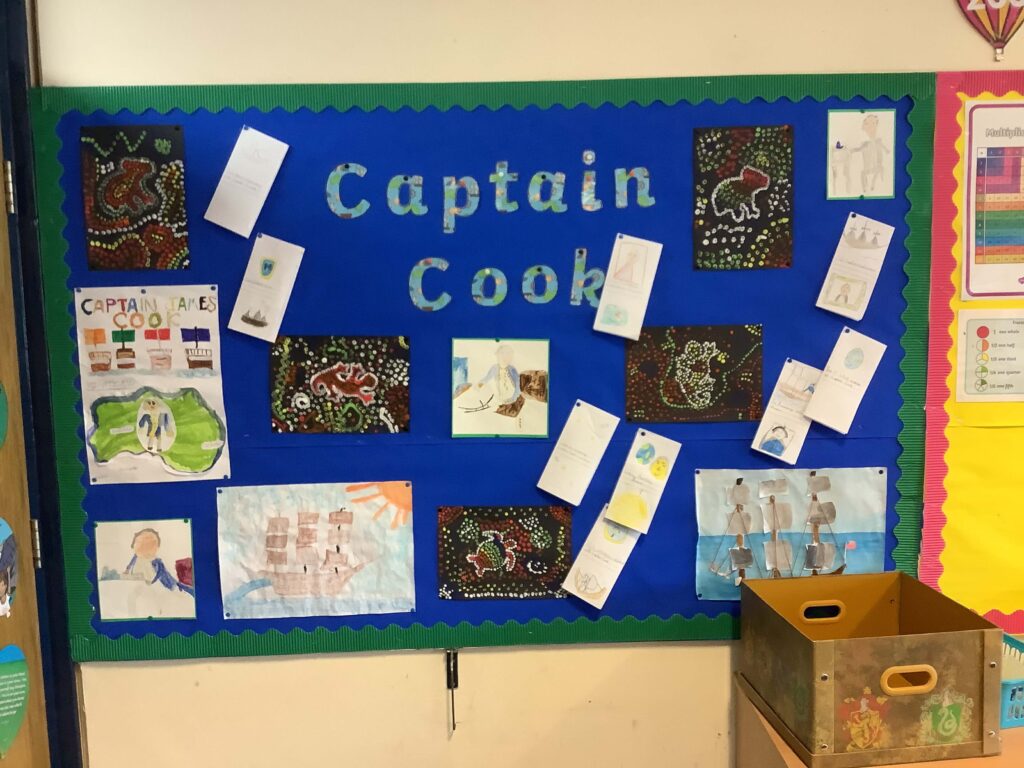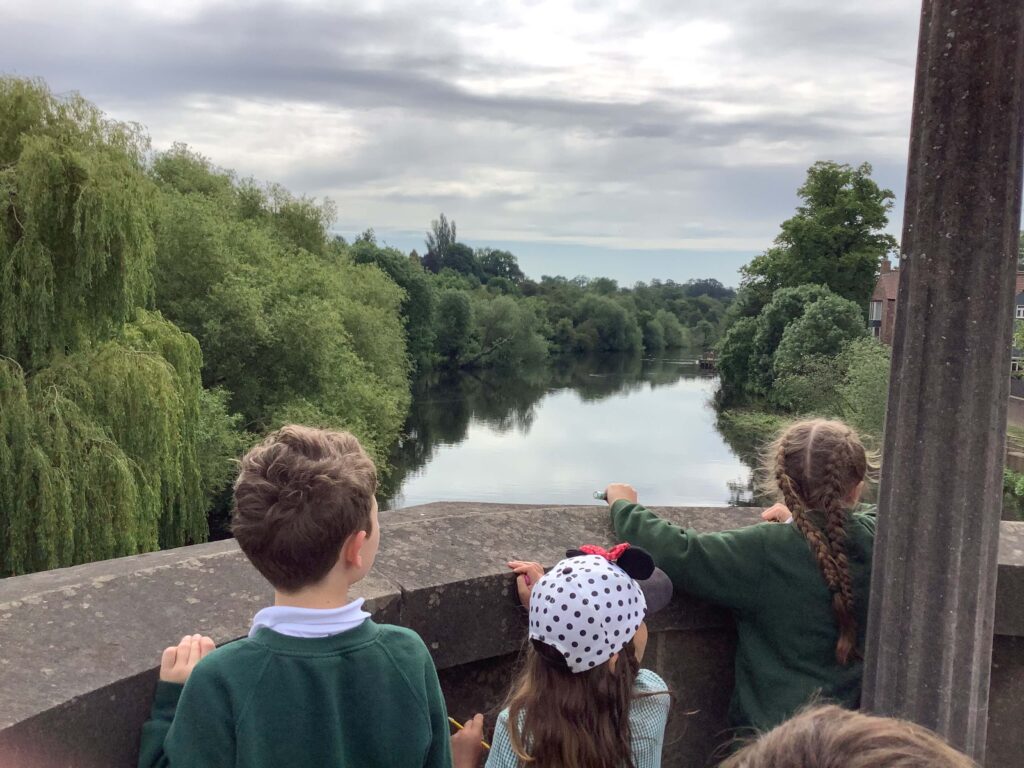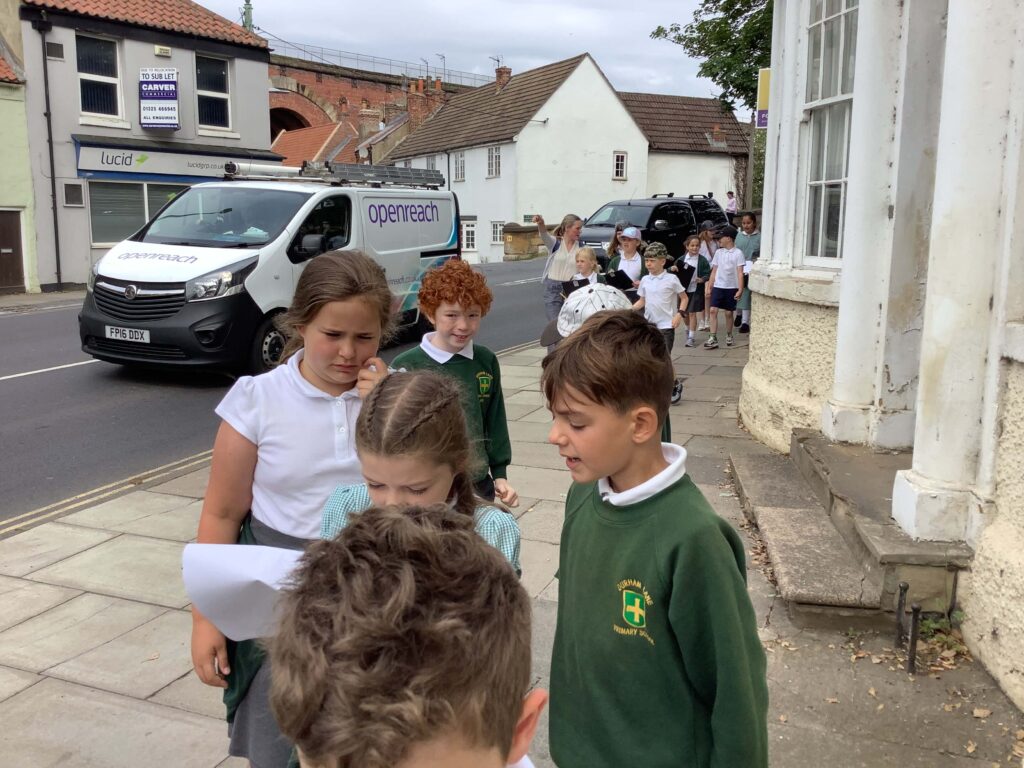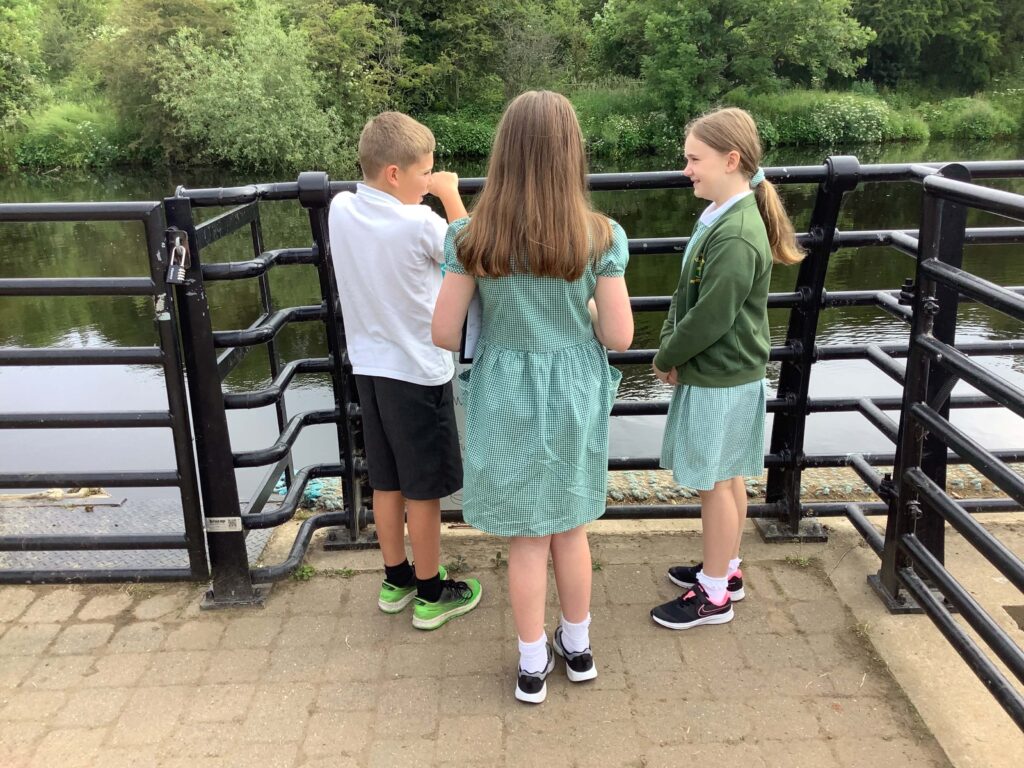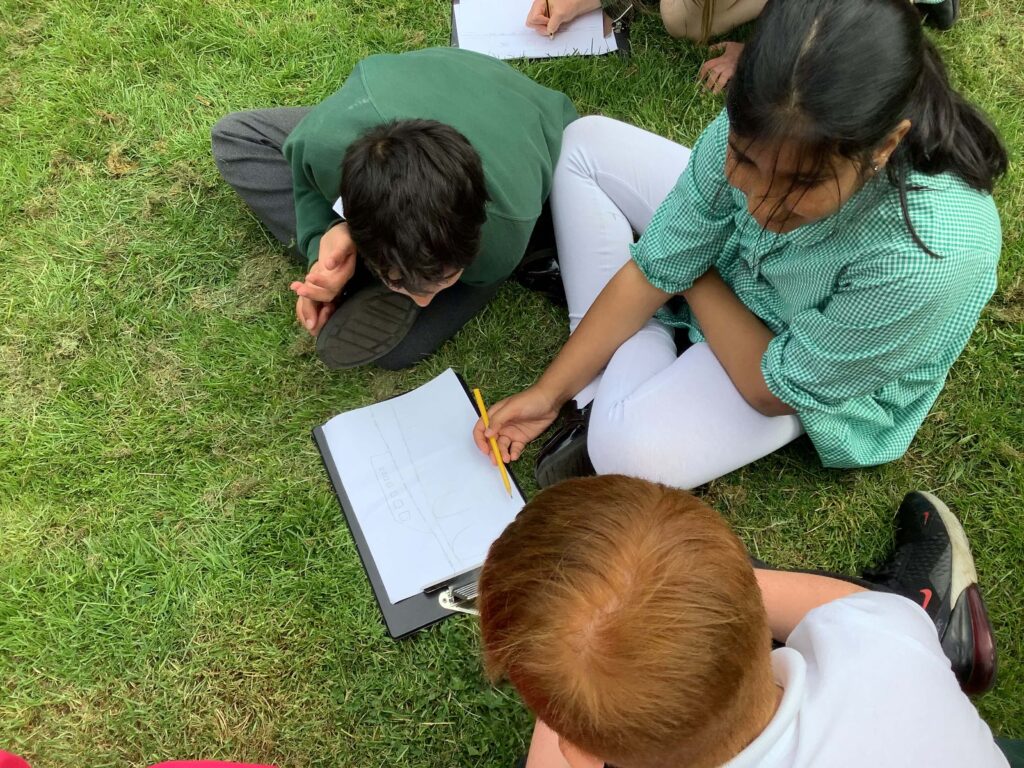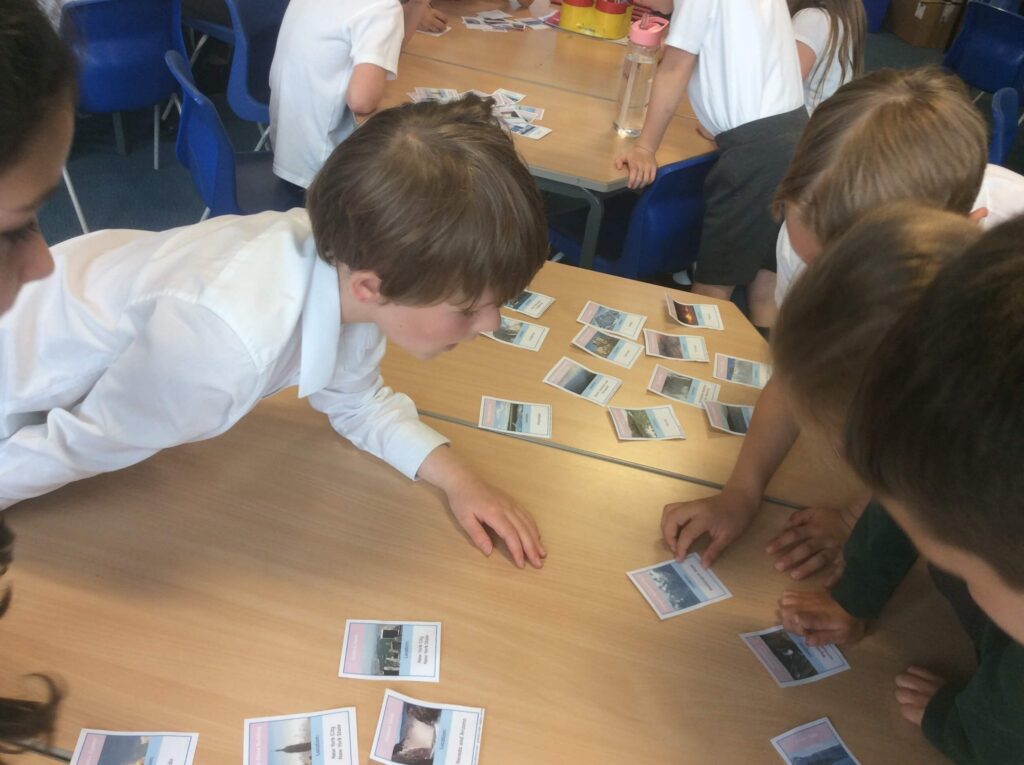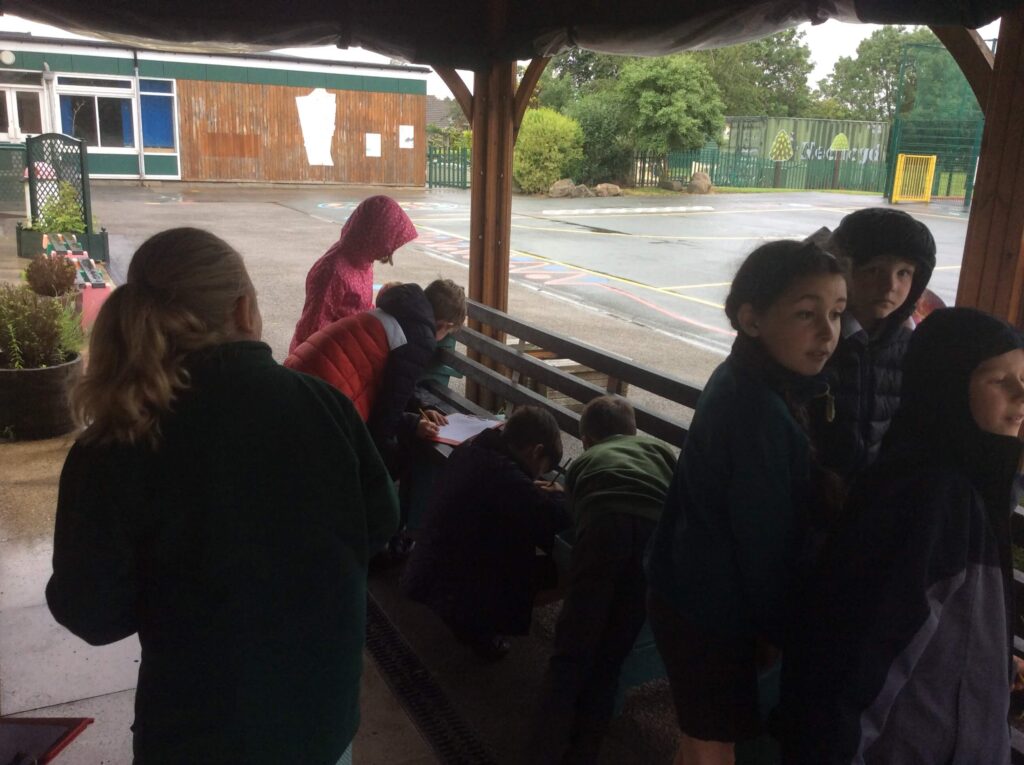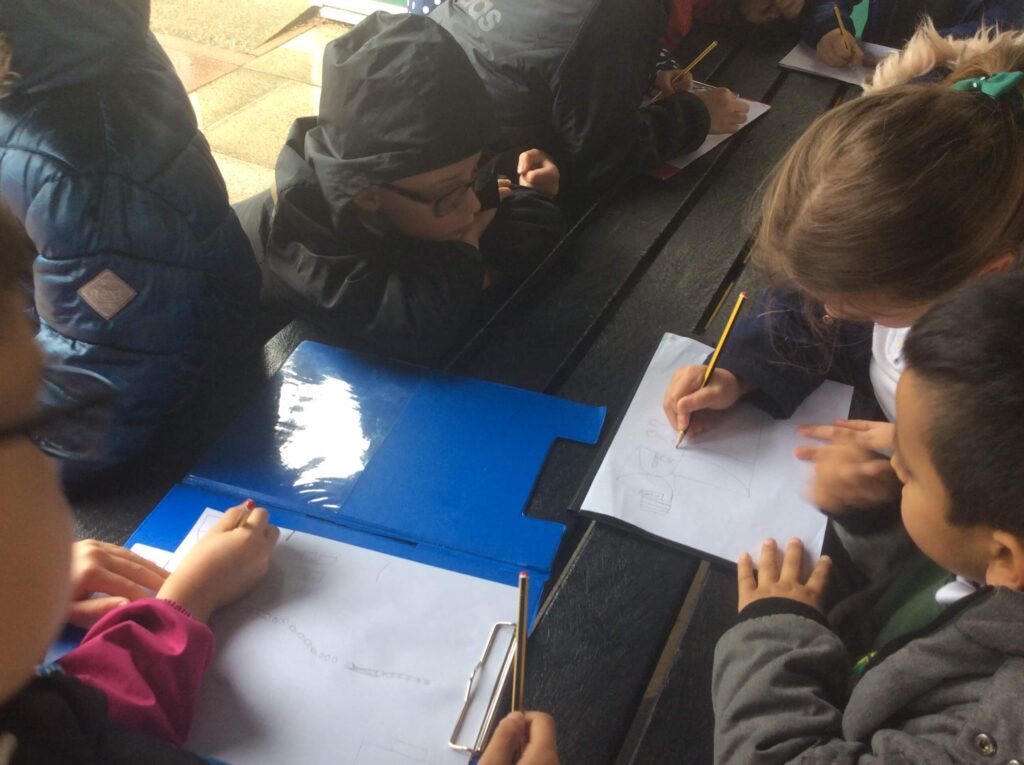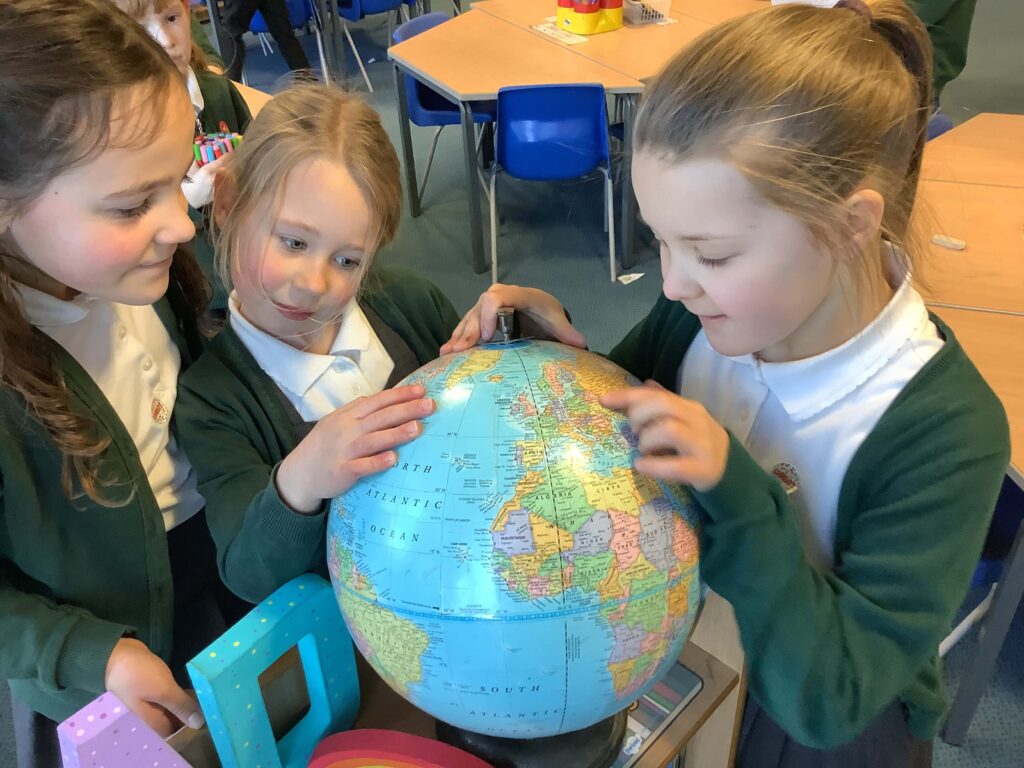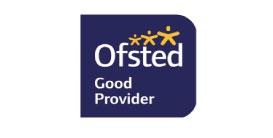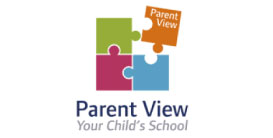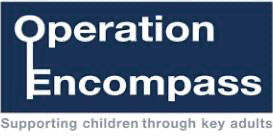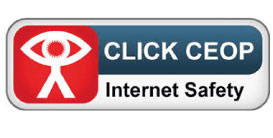Geography Intent Statement
Geography Subject Leaders: Mrs Neave and Mrs Eastwood
Intent
At Durham Lane Primary School, we have designed our geography curriculum to develop a sense of
curiosity and fascination about the world, which will remain with the children for the rest of their
lives. The children are able to develop their knowledge and understanding of physical and human
features of geography through investigation of a range of places in Britain and overseas. As well as
learning about the wider world, children are given ample opportunities to investigate and make
enquires about their local area, so that children develop an understanding of what makes our local
area special. Geographers at Durham Lane Primary School are able to apply geographical skills to be
able to communicate their findings and geographical understanding to a range of audiences.
Implementation
As a school, we aim to create an inquisitive learning environment within classrooms and reinforce an expectation that all children are capable of achieving. The study of geography at Durham Lane allows our pupils to question and discover more about their local area, as well as the world around them. Our progression of skills in geography starts in the Early Years and ends in Upper Key Stage 2. It progresses through the following areas of skill:
- Geographical enquiry
- Direction and location
- Drawing and using maps
- Representation
- Scale and distance
- Perspective
- Map knowledge and style of maps
Geography Key Concepts Map
Geography at Durham Lane is taught through our cross-curricular topics on a two-year rolling programme. See below for an outline of topics featuring geography objectives taught across Key Stage 1 and Key Stage 2.
Year A
| Autumn | Spring | Summer | |
| Early Years | It’s Good to be Me! (1) | Holidays (2) | |
| Year 1/Year 2 | London’s Burning! (2) | Take One Picture (1) – a study of a famous artist and where they are from. | Secret Garden (2) – exploring our school. |
| Year 3/Year 4 | Vikings (1) Christmas Lights (2) – looking at different hemispheres. | Robots (2) – study global warming and making comparisons between Curitiba and the UK. | Captain Cook (1) Local Area (2) |
| Year 5/Year 6 | Skara Brae (1&2) | The Rainforest/Kensuke’s Kingdom (1&2) |
Year B
| Autumn | Spring | Summer | |
| Early Years | It’s Good to be Me! (1) | Space (2) | Traditional Tales (1) |
| Year 1/Year 2 | Florence Nightingale and Mary Seacole (2) – looking at where Florence lived in the UK. | Noah’s Ark (1&2) – looking at the 7 continents and weather. | Treasure Island (1) – looking at oceans and continents. Locomotion (2) – study of local area. |
| Year 3/Year 4 | Egyptians (1) Sounds of Christmas (2) – maps to locate countries. | George’s Marvellous Medicine (1) – the water cycle. | The Romans (1) |
| Year 5/Year 6 | Street Child/Victorians (1&2) | Healthy Me (1) – looking at where food is grown and human geography. Greece (2) | Natural Disasters (1) The Maya (2) |
We enrich our children’s lessons using visits, visitors, maps, atlases, books and the internet. Children are enthused by visits to local places of geographical significance, such as walking around Eaglescliffe or into Yarm and along the River Tees.
We aim to encourage the children to become successful geographers by developing:
- An excellent knowledge of where places are and what they are like, both in Britain and the wider world;
- Geographical vocabulary which is appropriate and accurate and which develops from EYFS
- to KS1 and through to KS2;
- Fluency in geographical enquiry and the ability to apply questioning skills;
- Excellent fieldwork skills as well as other geographical techniques;
- The ability to analyse evidence and draw conclusions and explain reasons behind them;
- A genuine interest in the subject and a real sense of curiosity about the world and the
- people who live here;
- An appreciation of similarities and differences in the world around them.
Impact
The impact of our geography curriculum is measured by comparing what children knew at the start of the topic to what they know at the end. We assess using a range of methods such as Thinking Skills activities, KWL grids or mind maps. After the topic has been taught, we ask children to add what they have now learnt using a different coloured pen. This allows us to see how much the children have remembered and how much progress they have made. In lessons, children are continuously questioned on their current and previous learning. We encourage children to question each other and discuss their knowledge throughout and after topics have been taught.
Geography in Early Years Foundation Stage
Geography in Key Stage One
Geography in Key Stage Two


